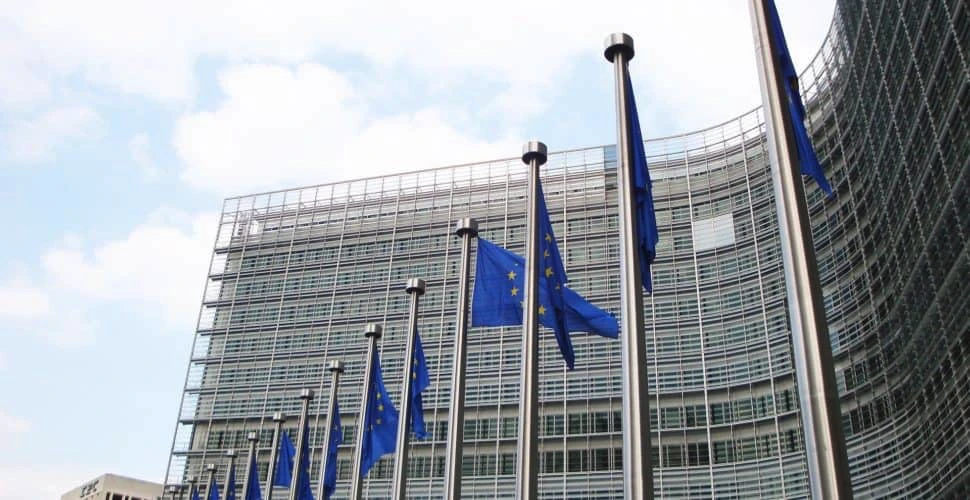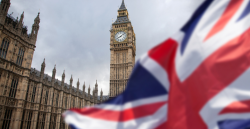The position of the Council of the European Union on a draft E.U. corporate accountability law has dealt a devastating blow: Member States have watered down human rights protections, majorly limited the law’s scope and failed to set enforceable climate commitments for companies.
The Council guts the law
The Council has agreed on its preliminary position on the Corporate Sustainability and Due Diligence Directive (CSDDD), a draft law that was proposed as a means of holding companies accountable for human rights abuses and environmental destruction, such as modern slavery and oil spills.
The position, put forward by the Council on December 1, seriously threatens the directive’s potential to prevent exploitation in global value chains.
Access to justice becomes a “sideshow”
Jill McArdle of Friends of the Earth Europe, Giuseppe Cioffo from the Coopération Internationale pour le Développement et la Solidarité, and Sylvia Obregon at the European Coalition for Corporate Justice wrote an opinion piece for the E.U. Observer highlighting their main concerns about the Council’s position. They explain:
Firstly, access to justice and remedy for victims, which should be at the heart of this kind of law, has become a sideshow. The Council’s position would not offer any help to poor communities, struggling to stand up to a big EU company who stole their land and denied them fair compensation, or workers’ families suing for damages after a deadly factory fire (both real examples).
The scope is majorly limited
Governments also pushed to limit the law’s scope. France led a bid to restrict the type of business relationships contemplated by the law. French Ministers also advocated for exemptions for investors which would mean that the law would not penalize the funding of corporate activity that violates human rights or damages the environment.
Many of the most powerful Member States advocated for removing any attempt to hold companies accountable for the downstream part of the value chain. McArdle, Cioffo and Obregon write:
This means companies will not be held accountable for the harms their products and services cause. That includes pesticide harm to the environment and health, surveillance tech being used to spy on activists or journalists, and aviation fuel used in wars.
Some Member States also pushed to limit the types of damage covered by the Directive. Several groups of human rights were excluded, including the rights of Indigenous People to their land and natural resources, and some workers’ rights, such as occupational health and safety. Germany was instrumental in the scaling back of the rights covered.
Lastly, E.U. governments failed to include rules for companies to reduce the greenhouse gas emissions from their global value chains.
Join the campaign for people and the planet
The Council’s position is extremely concerning, but the fight for justice over profit is far from over: the law is not yet passed. The Council presidency will now use this position for negotiations.
There is still an opportunity for us to push for improvements – and we must, because otherwise this law will fail to protect the people and the planet from corporate harm.
Together with our partners in the Justice is Everybody’s Business coalition, the Freedom United community is calling for the E.U. to seize the opportunity to make real change. Join the campaign today.







Freedom United is interested in hearing from our community and welcomes relevant, informed comments, advice, and insights that advance the conversation around our campaigns and advocacy. We value inclusivity and respect within our community. To be approved, your comments should be civil.
the old colonies STILL RULE! they call themselves CHRISTIANS. where are their christian beliefs??? the european union is known to be an organisation has prides itself on its morals. WHERE ARE THESE?
Disgraceful position with corporate creep ever more present over lacky governments